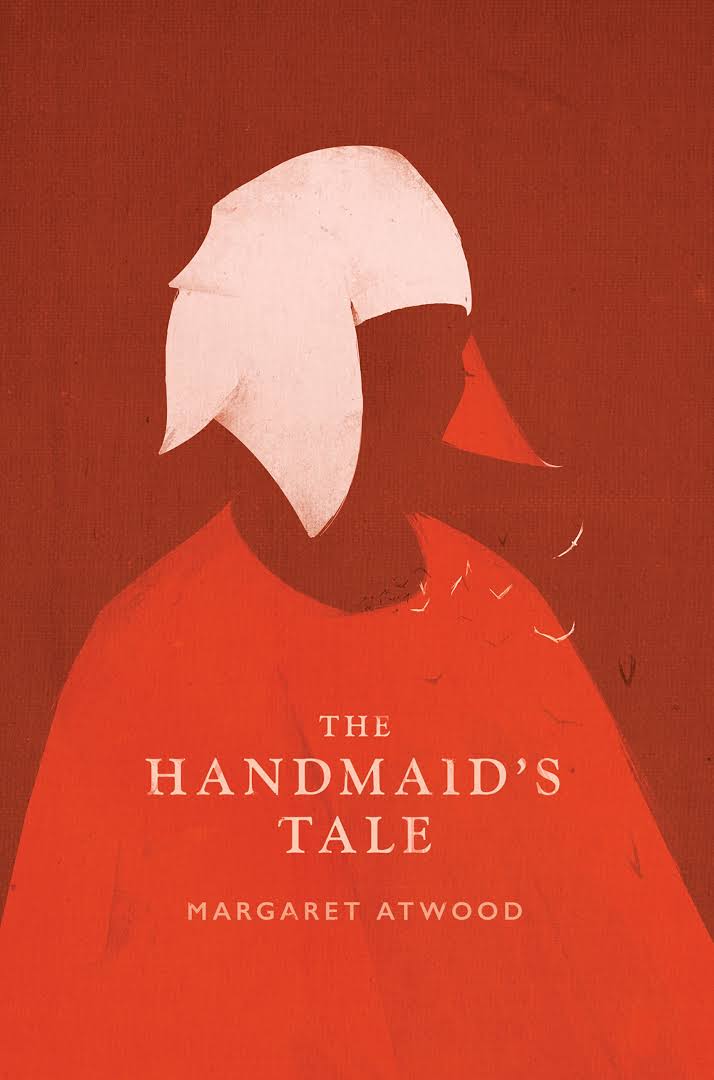By: Rebekah Apple, MA, DHSc and Daniel Gouger, MD
First, it was a book. The Handmaid’s Tale didn’t formally introduce a protagonist until the final sentences of the prologue. An unnamed narrator shared personal insight in the next several pages. Soon thereafter, the reader learned names had become obsolete for the women in Margaret Atwood’s novel. Their identities usurped by physical function, women able to conceive were merely empty vessels waiting to be filled through violence. Last week, fiction became a harrowing possible future: In the 142 pages of the Senate health care bill, The Better Care Reconciliation Act of 2017, the word “women” does not appear once.
As in Atwood’s dystopia, our imagined future world was crafted in secrecy, elevating men to positions of extreme power, leaving women – figuratively and literally – out. Comparing the current political landscape to Atwood’s dark fantasy may seem hyperbolic, yet the cascade of events surrounding ACA’s potential repeal stand as a portent of stripped rights and theocratic totalitarianism for women.
While millions would suffer as a result of its decimation, there is perhaps nothing as obvious as the reduction of women to objectified, gestational beings devoid of mental functioning. The bill only hints at a “woman” in relation to her reproductive utility, specifically addressing the acceptability of pregnancy termination as a result of rape or incest, or “in the case where a woman suffers from a physical disorder, physical injury, or physical illness that would, as certified by a physician, place the woman in danger of death.”
Additionally, women receiving Medicaid would be required to return to work two months after having a baby to retain benefits. This requirement insidiously implies women receiving such benefits are a risky gamble – force them to work, or else they won’t. In Atwood’s world, infertile or older women scrub floors and prepare meals for those in higher societal positions. In the absence of such a posting, they would have no identity at all.
While unquestionably paternalistic, it would be a mistake to examine this bill only for its impact on pregnancy. The general and holistic health of women is under attack, too, particularly women who rely on Medicaid for preventive care like Pap smears and breast exams, and sexually transmitted infections.
Financial disparities between men’s and women’s plans could increase, as well. The bill does not require states to continue offering plans covering “essential” benefits. Men could therefore choose plans with lower premiums, while women would have to select more expensive coverage. The burden on women, for whom it is already more common to have lower-paying jobs, would undoubtedly grow heavier under the weight of a resoundingly clear message: You are ancillary, not essential.
Where does a woman’s identity fit into the current administration? To receive contraception through providers, coverage must be in place, but that coverage is now threatened. Absent birth control yields unintended pregnancies, yet terminating such pregnancies would be an uncovered procedure. Coverage for care during pregnancy could become a burdensome, sometimes impossible, expense. And those receiving Medicaid would need to find care for their babies two months after birth; it is doubtful the jobs welcoming new mothers would actually cover the cost of such care. Most importantly, women have comprehensive health needs and are worth more consideration than just their reproductive potential and physical form.
There is no question that the new health care bill relegates women to a degraded status. For those interested in equality, that is dystopian enough.
Rebekah Apple, MA, DHSc is AMSA’s Director of Student Affairs and Programming and Daniel Gouger, MD is AMSA’s Education and Advocacy Fellow.

